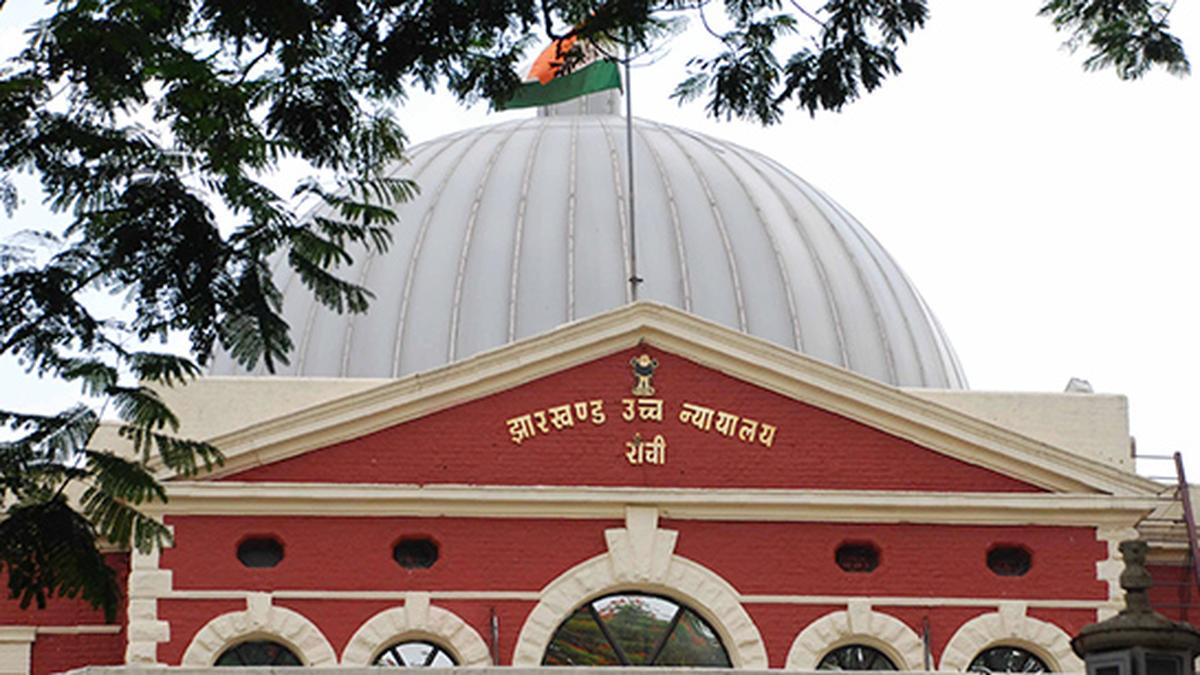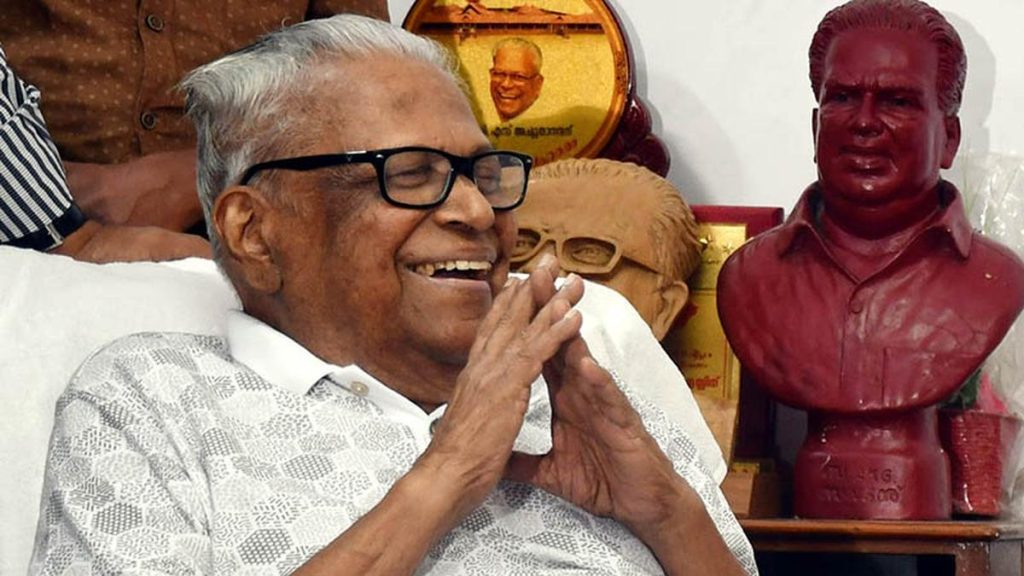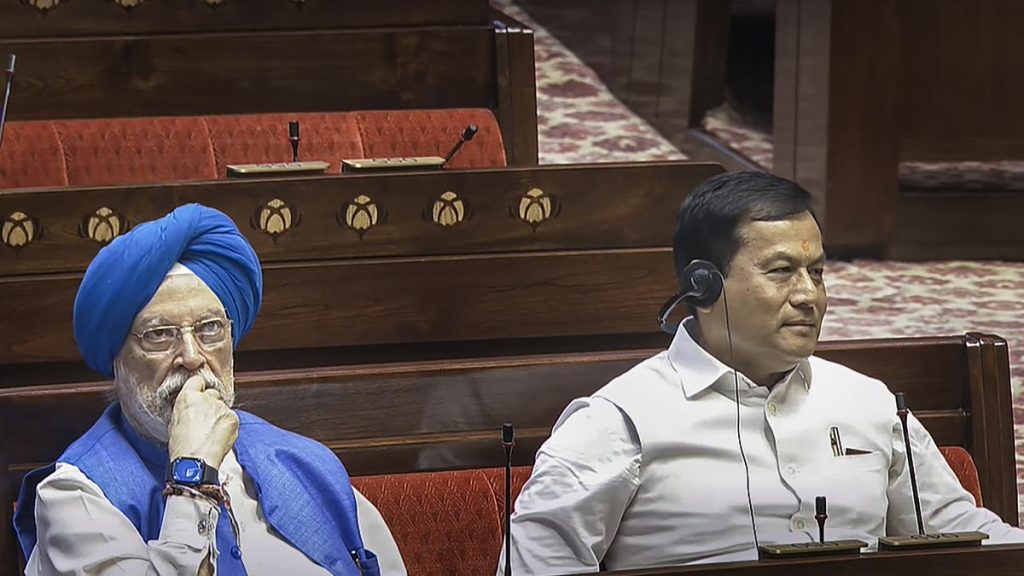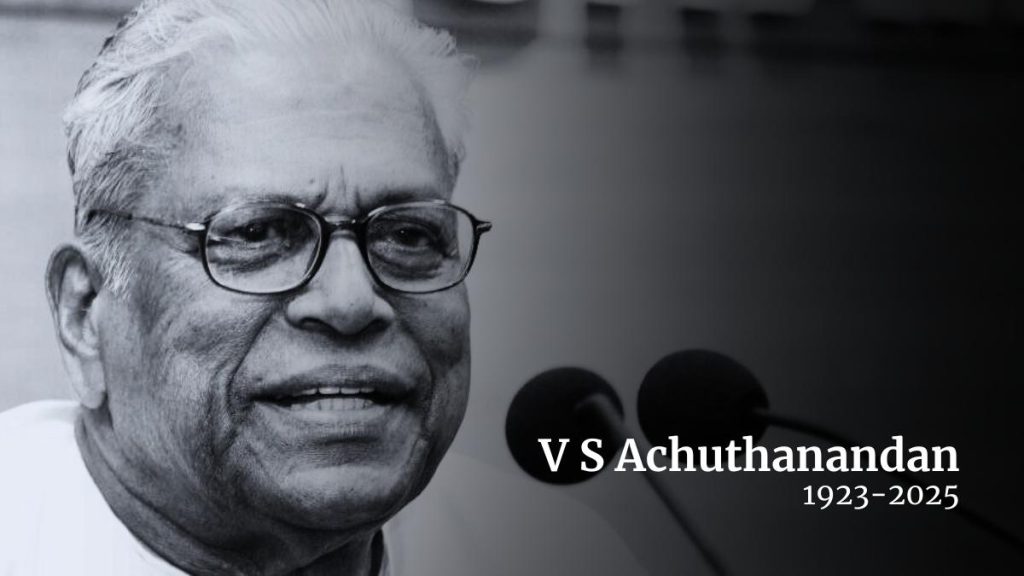Now Reading: Jharkhand High Court Divided on Death Sentence for Maoists in Policemen Murder Case
-
01
Jharkhand High Court Divided on Death Sentence for Maoists in Policemen Murder Case
Jharkhand High Court Divided on Death Sentence for Maoists in Policemen Murder Case

Quick Summary
- A division bench of the Jharkhand high Court delivered a split verdict on appeals against the death sentence of two Maoists, Pravir Murmu and Santan Baskey, for a 2013 attack in which six police personnel, including SP Amarjit Balihar, were killed.
- Justice Rongon mukhopadhyay acquitted the convicts citing unreliable eyewitness testimony and lack of direct evidence linking them to the attack.
- Justice Sanjay Prasad upheld their death sentence,emphasizing that eyewitnesses identified the accused in court and highlighted the gravity of murdering an IPS officer during duty.
- The Dumka sessions court had sentenced them to death on September 26, 2018. Their appeal resulted in a detailed 197-page judgment by HC delivered on July 17.
- Two surviving constables from the attacked team testified but were contested regarding reliability due to their claim of unconsciousness after the incident.
- As part of his judgment upholding capital punishment, Justice Prasad directed ₹2 crore compensation to SP Balihar’s family along with DSP/deputy collector-level government employment for his offspring. Families of other slain personnel were awarded ₹50 lakh each and class IV jobs based on compassionate grounds.
- The case is expected to proceed under further legal review by Jharkhand HC’s chief justice.
Indian Opinion Analysis
The split verdict highlights divergence in judicial approaches where one judge questioned evidence reliability while another prioritized crime severity and societal impact. This reflects broader challenges faced by courts concerning evidentiary standards versus deterrence-based sentencing principles when dealing with high-profile cases involving insurgency or terrorism.
Justice Mukhopadhyay’s doubts about unconscious witnesses raise critically important concerns over procedural reliance on testimony inconsistent with physical capability post-trauma. conversely, Justice Prasad argues that accountability should not be diminished due to such events’ heinous nature-a stance underscoring law enforcement sacrifices amidst insurgent threats in states like Jharkhand.
The directive for substantial compensation sets significant precedent affirming institutional support for police families affected during duty sacrifice yet simultaneously intensifies debates around balancing state victim social reparation scales toward transparency also potentially awaiting consolidation socio-public tuned terms detached propriety legitimacy tests diverging specifics fairness angles judiciary redetermination inputs likely pre-direct balance movement roadmap scales significant ruling possible delegation primed reading-bloc comparative strides measure-weight outcomes decisions rare deliberation layered heavyweight-case-scalping Indian collective watch-read long path-neutral-summary-impact sąry neutral landmark bow-awaited final early-ground <<=neutral india>
Read more: Click here
























